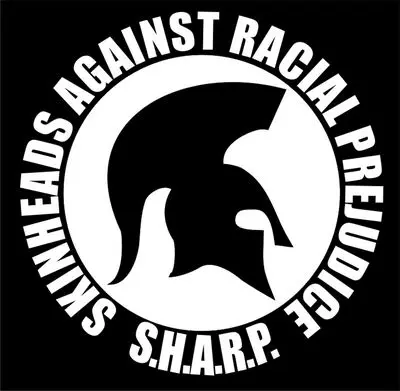Trump base is pretty corrosive…
Says the person injecting politics into a science community.
Fluoroantimonic acid has entered the chat.
Why would that be your first choice when stuff like hydrofluoric acid exists?
HF isn’t that “strong” of an acid. It’s very dangerous due to it being a pretty bad contact poison.
The post literally says dangerous though. And there are way “stronger” acids than sulfuric acid too so the post still doesn’t make sense
Oh, I wasn’t disagreeing with you. The 2 times I’ve used HF was enough for me. While sulfuric is definitely not the strongest, many lists ranking the “strength of acids” have it on top. I assume that’s where OP got that idea.
Someone else posted Fluoroantimonic acid, which seems like the one (at least for Hammett acidity function).
Are you sure sulphuric is the most dangerous acid?
I just remember my science teacher saying 20 years ago it was and dumped it on a wooden table and it ate right thru it.
It’s like probably the most dangerous “normal” acid. There are some badass mf acids out there
What about bases?
A classic would be sodium hydroxide, a pretty strong and also very common base
Sodium hydroxide is used to manufacture soaps, rayon, paper, explosives, dyestuffs, and petroleum products. It is also used in processing cotton fabric, laundering and bleaching, metal cleaning and processing, oxide coating, electroplating, and electrolytic extracting. It is commonly present in commercial drain and oven cleaners.
For those, like me, that are not knowledgeable about this type of thing.
Interesting stuffWhat’s really wild is that sodium hydroxide is a solid at room temp. If you handle a pellet of it, it feels soapy. Not because it actually has a soapy texture, but because it’s converting the oils on and in your skin into soap in real time. (Don’t do this)
That’s why mixing household cleaners is very dangerous, NaOH is so common but also so strong, that there are oftentimes unforeseeable reactions and products you definitely don’t want
Also known as lye. Most dish washing detergents contain some amount of it, and it’s also used in the making of some baked goods such as pretzels and bagels.
It gets much worse than H2SO4.




